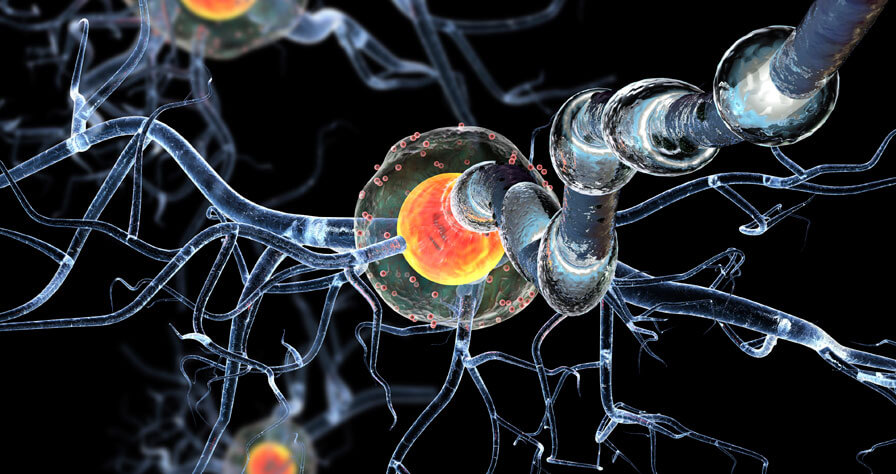10 Early Signs of Alzheimer’s

An irreversible, progressive cognitive disorder, Alzheimer’s disease is a leading cause of dementia and death in older adults. Symptoms typically begin in the mid- to late-60s, and experts estimate that more than 5 million Americans may suffer from Alzheimer’s disease. The cause of the disease is still unknown.
During early stages of Alzheimer’s, it can be difficult to distinguish between the onset of the disease and the normal cognitive decline associated with the aging process. According to the Alzheimer’s Association, these are the top 10 early warning signs of Alzheimer’s disease.
Disruptive Memory Loss
Everyone forgets things from time to time. However, repeatedly forgetting new information or important dates and events could be a sign of Alzheimer’s disease.
Planning and Problem-Solving Challenges
Taking longer to complete routine tasks, having trouble working with numbers, difficulty keeping track of monthly bills and problems with concentration can all be indicators of the early stages of Alzheimer’s disease.
Difficulties With Familiar Tasks
Those with Alzheimer’s disease typically experience trouble completing familiar tasks, like driving to a frequented location or following a favorite recipe. If these types of mistakes occur over and over, it could be a sign of early Alzheimer’s disease.
Confusion With Time or Place
Often, Alzheimer’s patients become confused about where they are and how they got there. They may have difficulty understanding something if it’s not currently transpiring. Losing track of the passage of time is also common.
Impaired Visual and Spatial Understanding
Difficulty reading, judging distance and distinguishing between colors are frequent symptoms of early Alzheimer’s disease. These complications can make driving and other daily tasks difficult.
Complications With Language
Taking part in conversations and finding the right words can be difficult for people with Alzheimer’s disease. They may stop in the middle of a sentence, repeat themselves or have problems with vocabulary.
Losing Items and Time
We all misplace our keys occasionally or forget where we stored something. With Alzheimer’s disease, patients may frequently put items in strange places and be unable to retrace their steps to find the object.
Poor Judgment
When someone has Alzheimer’s disease, their personal hygiene may suffer and they may make poor choices when faced with important decisions, such as how to handle money.
Antisocial Behavior
People with Alzheimer’s sometimes withdraw from social interactions because of the changes and challenges they’re facing. They may also have difficulties keeping up with hobbies, work projects and favorite sports teams.
Personality and Mood Changes
You may notice that the personality and mood of a person with Alzheimer’s disease changes. It’s not uncommon for those afflicted with the disease to become confused, anxious, depressed or suspicious. They can become easily upset with family, friends and coworkers when they feel uncomfortable.
Facing an Alzheimer’s diagnosis is scary for patients and their families. Each individual may experience some or all of these symptoms to varying degrees. If you’re concerned Alzheimer’s might be the cause of your or your loved one’s cognitive decline, please see a doctor.



